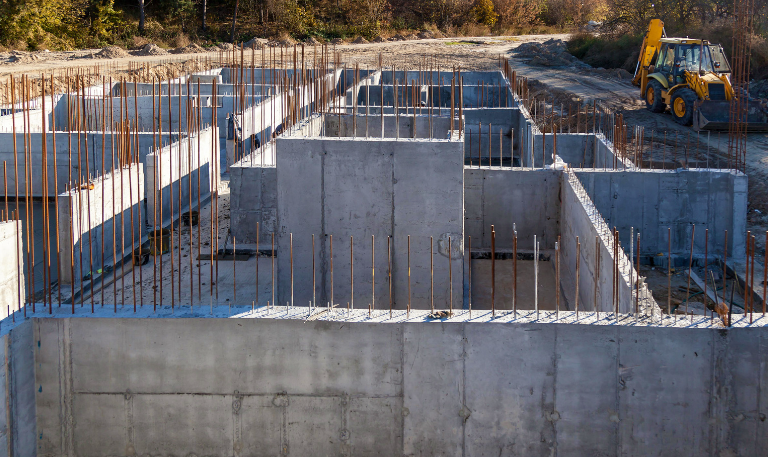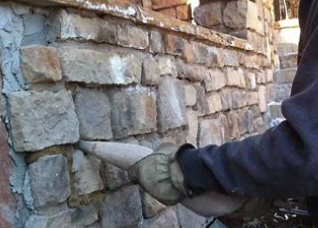Mason Sand Vs. Stone Dust: Know The Difference
In the intricate world of construction, the right choice of materials often determines the durability and quality of work. One frequently encountered dilemma is choosing between mason sand and stone dust. While both have their merits and applications, understanding the nuances of mason sand vs. stone dust is essential for those in the industry.
What is Mason Sand?
Mason sand, also commonly known as builder’s sand, is a finely crushed and washed sand type. Its texture is very fine, making it smoother and more flexible than other sand types.
Characteristics and Uses of Mason Sand:
- Texture: Mason sand’s grains are very fine, offering a smooth feel when touched.
- Versatility: It’s frequently used for various applications like mortar mixing, play sand for children’s sandboxes, and even as a base for swimming pools.
- Workability: Its fine grains make it easy to work with, especially for projects that require a smoother finish.
- Water Drainage: Mason sand tends to retain more water, making it suitable for specific projects that benefit from this feature.
What is Stone Dust?
Stone dust is a byproduct of crushing stone. It’s characterized by fine, powdery particles. Sometimes, it’s referred to as quarry dust or crusher run.
Characteristics and Uses of Stone Dust:
- Texture: Stone dust consists of tiny, fine particulates that can be almost powdery to touch.
- Compaction: Due to its fine particles, stone dust can compact and become very hard over time, making it ideal as a base material for paving projects.
- Interlocking Abilities: When dampened, stone dust can bind well, providing a solid surface and is often used between pavers or bricks.
- Water Drainage: Stone dust doesn’t drain water as efficiently as some other materials, which can be both an advantage or disadvantage, depending on the application.
Comparing the Two: Mason Sand Vs. Stone Dust
When we place mason sand and stone dust side by side, several differences emerge:
- Material Origin: Mason sand is purely sand, while stone dust is a byproduct of crushing stone.
- Texture: Mason sand is finer and smoother. In contrast, stone dust, even with its fine particles, tends to be grittier.
- Applications: Mason sand is often the go-to for projects requiring a smooth texture, like mortar. Stone dust is typically chosen for its compacting abilities in projects like walkways and paver installations.
Factors to Consider When Choosing
To decide between mason sand and stone dust, consider:
- Project Needs: Is a compact base required? Stone dust might be better. Need something for mortar? Mason sand is likely the choice.
- Drainage Requirements: Consider the water drainage needs of the project. Areas that need better drainage might not be suitable for stone dust.
- Longevity: Stone dust’s compacting abilities might offer more longevity for pathways or patios, as it can provide a sturdy base.
Finding the Right Fit
Every construction project is unique, and there’s rarely a one-size-fits-all solution. Understanding the distinction between mason sand and stone dust is crucial, but the final choice often boils down to the project’s specific requirements, local availability of materials, and budgetary constraints.
Whether you’re laying down a walkway, setting up a sandbox, or preparing for brickwork, the insight into these materials helps in ensuring that your project not only looks good but also stands the test of time. The key is to assess, understand, and then decide, ensuring that the foundations of your project are as strong as your vision.

Inside SalesChris Cantin
Latest News

4 Ways To Reinforce Concrete
Concrete is one of the most fundamental materials used in construction. If you’re working on a domestic project or a […]

The Environmental Benefits Of Using Ready-Mix Concrete
The construction industry is changing quickly to meet the growing demand for sustainability and eco-friendly practices. One of the most […]

6 Essential Tips For Grouting Stone Veneer
Grouting stone veneer is an important step in the installation process that can significantly impact the overall look and durability […]

Should You Fill Hollow Concrete Blocks?
Hollow concrete blocks are widely used in construction due to their strength, versatility, and lighter weight compared to solid blocks. […]
